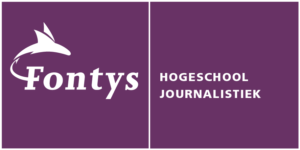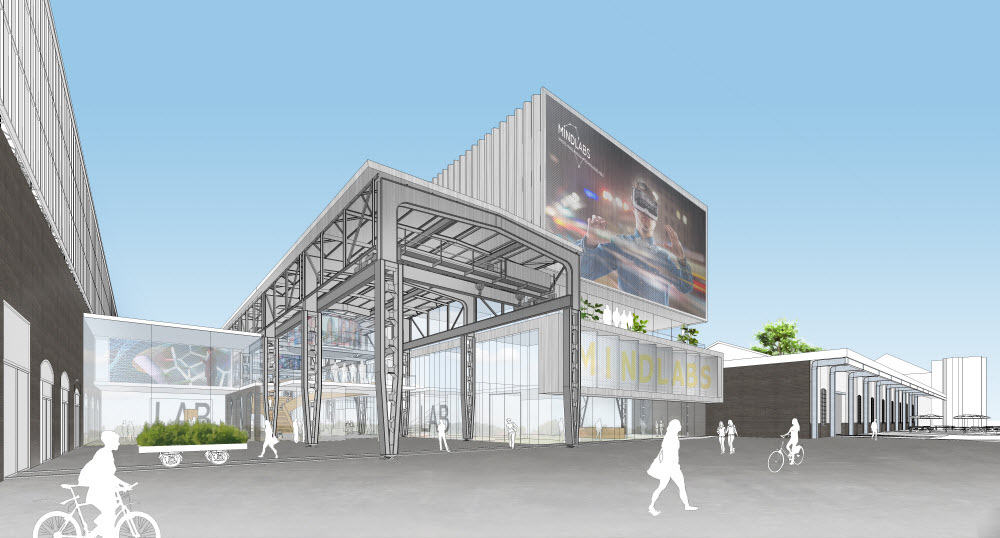Fontys School of Journalism was founded in 1980 and is one of the 27 institutes of Fontys University of Applied Sciences.
Fontys is one of the largest universities of applied sciences in the Netherlands and offers a variety of bachelors and masters programmes in English. We have the largest number of international students than any other university in the Netherlands, with students of more than 80 nationalities from all over the world.
The name Fontys was given to this University of Applied Sciences on 1 September 1996. The name derives from the Latin word ‘fons’ which means ‘source’, a source of knowledge for students. Fontys is a merger of several Dutch Higher Education Institutes located in the south of the Netherlands. Some of these institutes were founded in the early 1900s and have a long and profound educational history.
The curriculum of Fontys School of Journalism is student-centred. The goal is to train competent journalists who can easily find their way in the rapidly changing journalism landscape. Central concepts in the 4-year training program are innovation, practical orientation, entrepreneurship, trustworthiness/reliability and ethics.
The school has modern editorial systems, a digital radio studio, a digital television studio, new media spaces, professional editing rooms and edit suites. Students do two internships, one in the second and one in the fourth year of their study. They are also encouraged to participate in programmes offered by our national and international partners.
Since 2015 the Fontys School of Journalism is a main partner in Mindlabs Tilburg, a partnership that entails a unique collaboration among academic universities, universities of applied sciences and community colleges.
Partners are the University of Tilburg, De Persgroep, Onderwijsgroep Tilburg and the Fontys School of Journalism. In 2021 the partners will move to a brand new building in the center of Tilburg.
FACTORY is the verification and factcheckdesk of Fontys School of Journalism. First to fourth year students check claims made by politicians, NGOs and the media. They also check photos and videos and publish their findings on factory.fhj.nl. Students publish a newsletter and a blog about the latest factchecking research and news.


